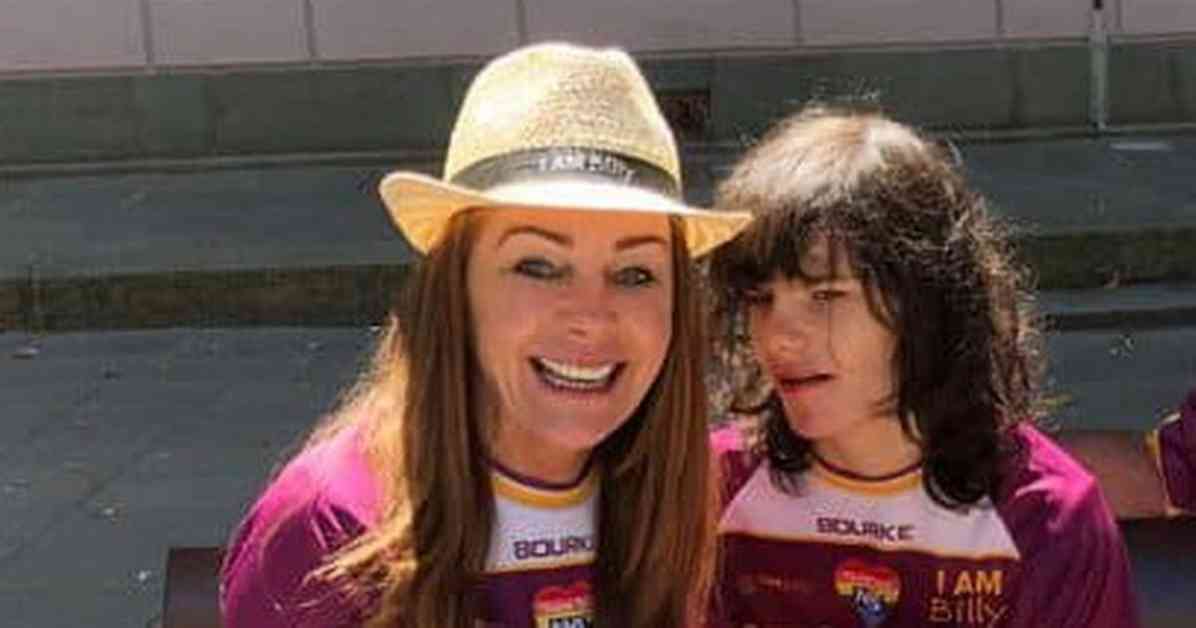Trials are beginning to explore the advantages of cannabis-based medicine for children and young individuals with epilepsy, thanks to a mother’s years of advocacy. Charlotte Caldwell’s son Billy, who previously experienced up to 300 seizures per day, saw improvement after starting medicinal cannabis. Despite the fact that cannabis products are legal, doctors have been hesitant to prescribe them on the NHS without clinical trials. As a result, a thriving market has emerged, with private doctors charging parents up to £2,000 per month.
Charlotte, from Castlederg in Co Tyrone, initiated her campaign six years ago after Billy’s medicinal cannabis, prescribed by a Canadian doctor, was confiscated at Heathrow Airport. This incident led to a change in the law, allowing Billy, who is now 18 years old, to receive his NHS-funded prescription for cannabis in 2018. However, due to the absence of formal trials, many other parents are still required to seek private options. Charlotte is optimistic that successful trials could lead to increased availability of cannabis-based medicines on the NHS.
The two forthcoming trials, led by University College London and funded by the National Institute for Healthcare Research, will involve 500 NHS patients who meet specific criteria. The initial trial will focus on investigating cannabis-based medicines for individuals with epilepsies that begin within the first three years of life, while the second trial will examine patients with genetic generalized epilepsies that have not responded to standard treatment. Researchers will assess the safety and effectiveness of the medicines in reducing seizures, as well as their impact on learning, sleep, behavior, quality of life, stress, and anxiety.
If the trials are successful, the data could eventually be used to license products with the Medicines and Healthcare products Regulatory Agency (MHRA) and gain approval from the NHS. Thousands of individuals, both children, and adults, suffer from uncontrolled epilepsy, with many potentially benefiting from the trials’ outcomes. One such individual is 17-year-old Harry Siddans from Great Dunmow, Essex, who has experienced significant improvements after using prescription cannabis.
Harry’s mother, Marie, expressed her belief that the trials will be transformative and ensure the safe and consistent production of prescription cannabis. Despite the positive outcomes, the financial burden remains a concern for many families, as the monthly cost of treatment can be substantial. The lack of NHS prescriptions for unlicensed prescription cannabis highlights the need for further research and clinical trials in this area.
In conclusion, the ongoing trials represent a crucial step in evaluating the safety and efficacy of cannabis-based medicines for individuals with epilepsy. The outcomes of these trials have the potential to significantly impact the lives of those living with drug-resistant epilepsy, offering hope for improved treatment options and quality of life. The collaboration between researchers, healthcare professionals, and advocacy groups demonstrates a collective effort to address the unmet needs of patients and families affected by epilepsy.




